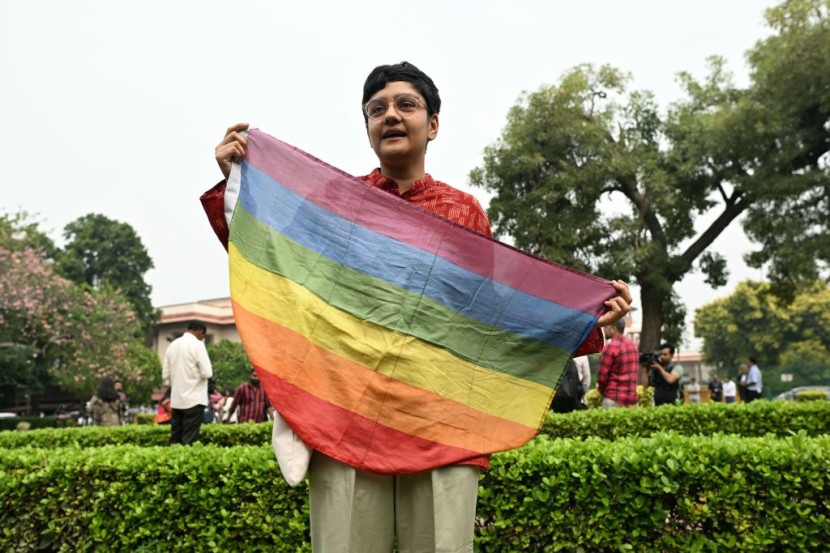
In a historic judgment that also stressed the rights of the LGBTQ community to be protected from discrimination and prejudice, India's highest court has rejected to officially recognize same-sex marriages.
Despite the fact that the campaigners had hoped to be married under Indian law so that they might enjoy the same benefits as heterosexual couples, they were relieved when the court finally acknowledged their relationships.
Preventing Prejudice, Defending Equal Treatment
In a Tuesday decision, October 17, that was broadcast live throughout the country, a five-judge constitution bench headed by India's top justice handed down the long-awaited verdict, as reported by CNN.
Chief Justice D. Y. Chandrachud, in a two-hour judgment, described homosexuality as a natural phenomenon and ordered the government to protect the rights of the "queer community" from discrimination due to their gender or sexual orientation.
Justice S. Ravindra Bhat said no one disputes that LGBTQ people have the freedom to select their relationships, and they should be allowed to publicly acknowledge their love for each other in whatever manner they see fit.
He stressed, however, that this does not imply a broader legal claim to recognition of the same union or relationship.
Bhat advocated for the establishment of a high-level commission to examine regulations that discriminate against LGBTQ couples without openly targeting them, such as by failing to provide them with the social security and compensation benefits that are often associated with legal marriage.
According to him, the "court cannot within the judicial framework engage in this complex task," and instead, "the state has to study the impact of these policies and entitlements."
AP News reports that calls to legalize the unions were met with opposition from the current administration of Prime Minister Narendra Modi, which is led by the Bharatiya Janata Party (BJP).
Solicitor Tushar Mehta, a government attorney, told the court earlier this year that same-sex marriage is an "urban" and "elitist" idea that goes against the country's social ethos.
Notably, millions of LGBTQ couples in India cannot make use of the legal protections provided by marriage in areas like adoption, insurance, and inheritance because of the country's marriage laws.
Good Start but Not Enough
While hearing this recent court decision, dozens of LGBTQ campaigners gathered outside the Supreme Court in New Delhi. There were many who saw the ruling as a positive step forward, while others believed it fell short.
A 20-year-old named Pranav Grover called the decision a "diplomatic" one. He then said, "Let's start to focus on the positive," adding that it made sense from the standpoint of satisfying everyone involved.
Amrita (she/they pronouns) mentioned that being acknowledged by the justices was an honor but felt it was time to move forward. "This level of indifference was not expected after waiting for so many months," they told CNN.
Celebrity chef and LGBTQ activist Suvir Saran said the Supreme Court may not have given them the freedom to marry, but it has used the bench to teach politicians and people about homosexuality and others.








